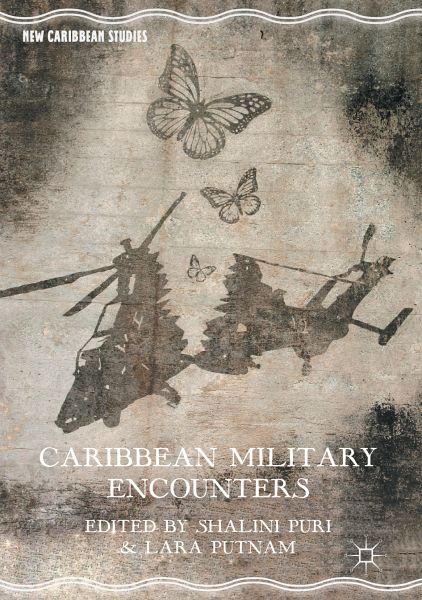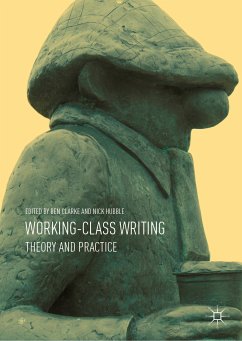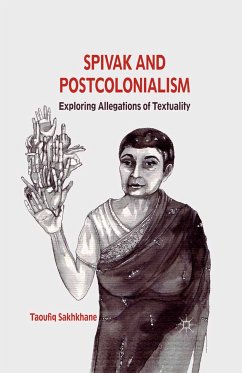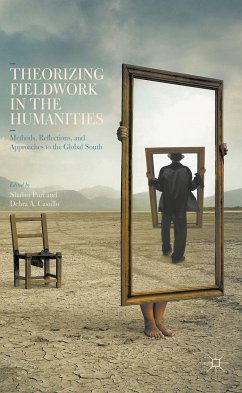
Caribbean Military Encounters (eBook, PDF)
Versandkostenfrei!
Sofort per Download lieferbar
22,95 €
inkl. MwSt.
Weitere Ausgaben:

PAYBACK Punkte
11 °P sammeln!
This book provides a much-needed study of the lived experience of militarization in the Caribbean from 1914 to the present. It offers an alternative to policy and security studies by drawing on the perspectives of literary and cultural studies, history, anthropology, ethnography, music, and visual art. Rather than opposing or defending militarization per se, this book focuses attention on how Caribbean people negotiate militarization in their everyday lives. The volume explores topics such as the US occupation of Haiti; British West Indians in World War I; the British naval invasion of Anguill...
This book provides a much-needed study of the lived experience of militarization in the Caribbean from 1914 to the present. It offers an alternative to policy and security studies by drawing on the perspectives of literary and cultural studies, history, anthropology, ethnography, music, and visual art. Rather than opposing or defending militarization per se, this book focuses attention on how Caribbean people negotiate militarization in their everyday lives. The volume explores topics such as the US occupation of Haiti; British West Indians in World War I; the British naval invasion of Anguilla; military bases including Chaguaramas, Vieques and Guantánamo; the militarization of the police; sex work and the military; drug wars and surveillance; calypso commentaries; private security armies; and border patrol operations.
Dieser Download kann aus rechtlichen Gründen nur mit Rechnungsadresse in A, B, BG, CY, CZ, D, DK, EW, E, FIN, F, GR, HR, H, IRL, I, LT, L, LR, M, NL, PL, P, R, S, SLO, SK ausgeliefert werden.












